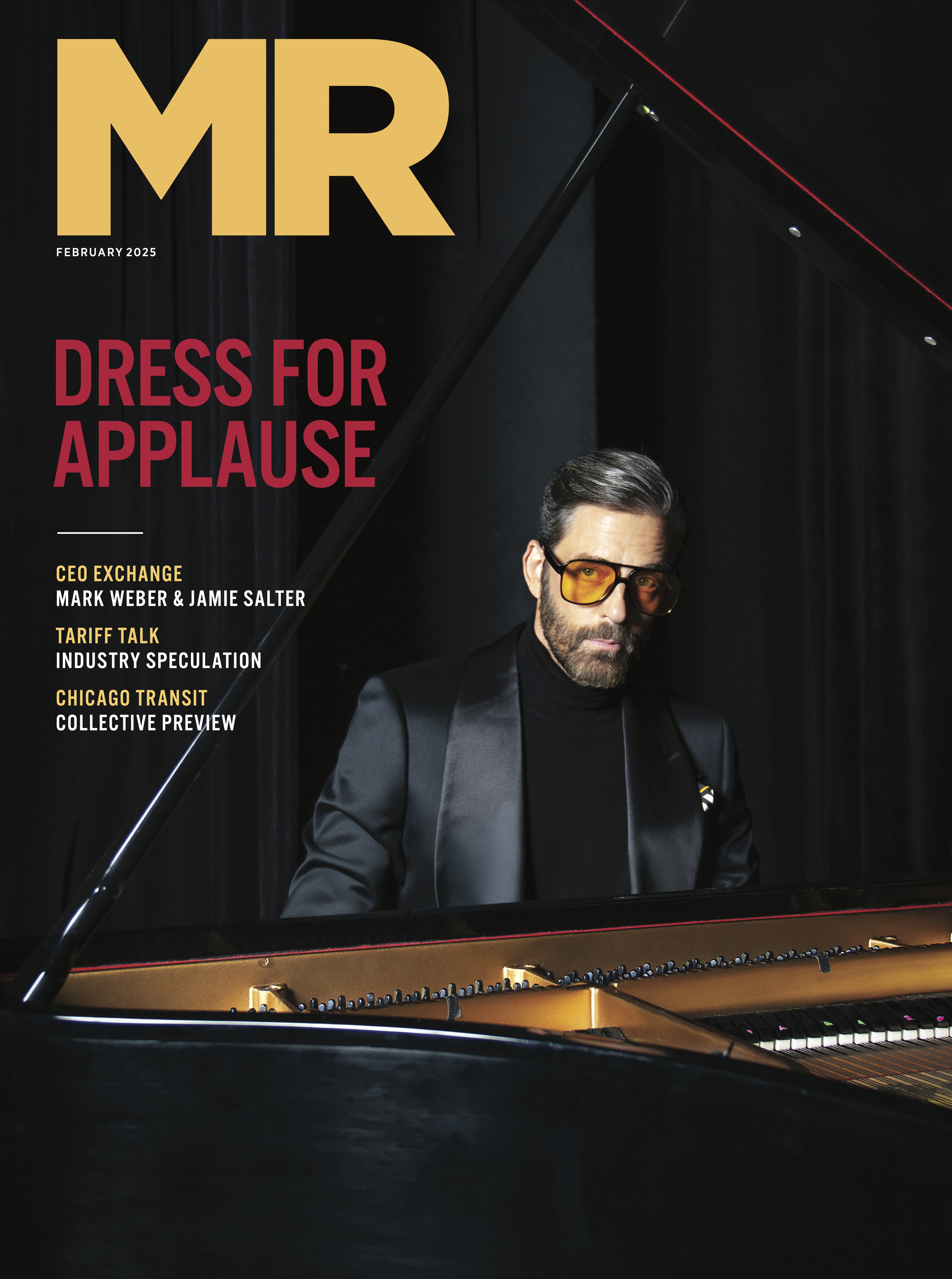GUEST EDITORIAL: APPLYING THE RULES OF LUXURY TO YOUR BRAND


Having been a luxury goods and retail analyst for over two decades, it’s been an interesting challenge to apply the golden rules of the luxury industry to Iffley Road, a men’s running wear business that I co-founded with my partner in 2013. As a self-funded business, we might not have the resources of the luxury powerhouses, but this has not stopped us from trying to adopt the same fundamental philosophy.
1. Quality and authenticity are the root of everything.
One of the biggest differences between the brands that stay the test of time and those that don’t is quality – both the quality of the raw materials and the production process itself. Many luxury companies are vertically integrated and some even produce their own raw materials. For example, Hermes owns some of the tanneries where they obtain their leather and produce their leather goods in-house.
At Iffley Road, we put all our energy into making our running gear long-lasting because this is one of the best ways to save the environment. While we’re not yet in a position to own our own mills or factories, we do scour the world for fabrics that combine natural fibers and technical features. We work with some of the most highly regarded European factories to produce long-lasting gear that feels wonderful to the touch. (We’re still wearing first samples of our running gear, produced in 2012, and we hope to be still wearing these for another decade.)
The biggest challenge is trying to convey the quality of our product without a physical store. The best photos in the world cannot convey how a fabric feels or how well-made a garment is. It takes a purchase before a customer fully understands what they’re paying for.
2. Maintain your pricing power by controlling your distribution.
Maintaining control over your pricing is another factor that differentiates the best luxury companies from the rest. This is why many luxury companies have shrunk their wholesale presence in favor of their own stores and/or websites. For example, luxury companies like Gucci began reducing their dependence on wholesale in the 1990s. Some companies accelerated this strategy after the 2008 financial crisis because their product was being discounted, particularly in department stores.
At Iffley Road, we’ve avoided distribution through wholesale – other than a few well-known prestigious names (Harrod’s, Mr Porter, Matches) that add credibility. We sell the bulk of our gear through our own website, which means we can offer price consistency and minimize discounting. The problem, of course, is that it’s more difficult to build brand awareness without retail partners.

3. Let the customer dream through storytelling.
The customer needs to dream in order to fall in love with a product. Luxury companies create desire not just by creating beautifully crafted product but also by how they relate their heritage. All the quoted luxury companies I researched as an equity analyst had a tremendous history and story behind them. Many luxury watch brands such as Patek Philippe use their heritage in their advertising campaigns even today.
While Iffley Road was founded in 2013, we take our name from the Oxford running track where Roger Bannister was the first man to run a mile in under 4 minutes on May 6, 1954. This achievement was considered the greatest ever by Forbes magazine. We also aim to inspire our customers through a Journal section of our website where we write weekly blogs about the history of running garments, training, nutrition, and wellness.
4. Put your customer first.
Historically, luxury giants were quite dependent on tourists, which is why their business suffered during several travel-related crises. However, during the last decade, they’ve become much stronger in cultivating their local customers and this has really helped them during COVID-19.
As a relatively new company, we at Iffley Road want to gain new customers as well as keep existing ones. The challenge is the cost of customer acquisition, which is very high regardless of whether you recruit through PR, digital, or print advertising.
5. Think long term.
All the luxury powerhouses take an incredibly long-term view. This is why they have such strong brand equity and manage to survive all sorts of cyclical downturns. This is one of the differentiating factors between true luxury and more mainstream brands and why luxury doesn’t go out of fashion the way a more mainstream brand might.
My own view is that it takes years to create greatness. My partner and I created Iffley Road because our greatest passion is running and we didn’t feel the running wear in the market was good enough. We firmly believe that Iffley Road offers something different because of the high-end European technical fabrics we use, the careful way the product is crafted in some of the best European factories, and because of the British spin to our story. But we know it will be a long journey.
Conclusion
COVID-19 turned out to be an opportunity for us because more people turned to running in place of organized sports and more people shopped online, our primary channel. We believe Iffley Road is well suited to today’s environment because more people want to look smart and feel comfortable while working from home.
Both of us worked for well-known corporations (Morgan Stanley and British Airways) for several decades before we started Iffley Road. When you go from a corporate career to a start-up, you sometimes feel like you’re dealing with minutiae. But we both want everything about Iffley Road to be perfect – the product itself and the entire customer experience. This requires both intense detail and a long-term view.


